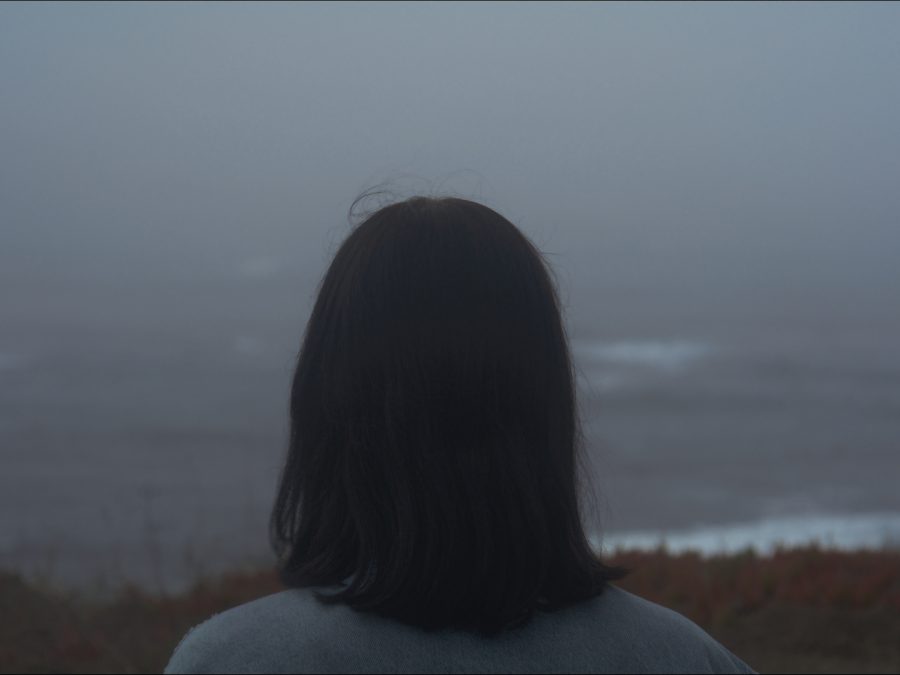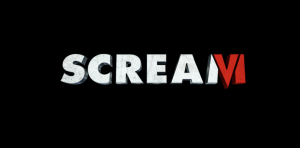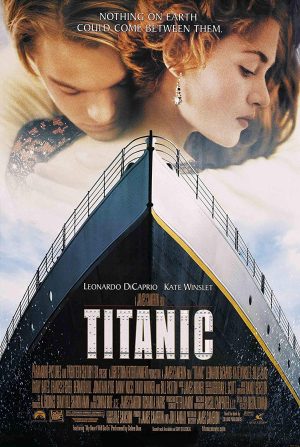Connections and Family Relationships Unearthed in ‘Moss Beach’
Armon Mahdavi’s debut film stuns the audience at Lower East Side Film Festival
LOWER EAST SIDE FILM FESTIVAL
“Moss Beach” details an exploration of family and connection between its two central characters, Sasha and Maggie.
May 26, 2023
Armon Mahdavi’s debut film “Moss Beach” premiered at the Village East Theatre as a feature film in the Lower East Side Film Festival (LESFF). With a limited time frame and budget, Mahdavi along with his incredibly talented cast and crew brought an intimate exploration of loneliness and isolation to the screen.
The film premiered at the Village East by Angelika on May 7 and featured New York University Tisch School of the Arts alum Nancy Kimball and San Francisco State University professor Laura Wayth. The two women brought their strongest performances to this project, for which they worked together for the first time. The premiere was followed by a Q&A session with the filmmakers.
Mahdavi said that he drew inspiration from the minimalist films of directors such as Chantal Ackerman and Kelly Reichardt who seem to focus on slow cinema and aesthetics, as well as extremely personal and intimate exploration of characters. In “Moss Beach,” Mahdavi does this by focusing on the relationship between Sasha (Kimball) and Maggie (Wayth), Sasha’s aunt.
Mahdavi’s film created a space for larger conversations around family relationships and language.
Set in a small coastal town near San Francisco, California, the story follows Sasha, who is unexpectedly looking for a place to stay after school, when she encounters Maggie. The two have spent an unspecified amount of time separated, driven apart by a tragic family event that occurred. They go on to stay together in a shore house for the weekend and during this time, the audience follows the characters as they reconnect and attempt to rekindle their relationship with one another.
Mahdavi’s film created a space for larger conversations around family relationships and language, through using Sasha and Maggie as an example of how they can exist as acts of guidance for one another. The film had many moments of silence and pauses that contributed to the themes of isolation that Mahdavi aimed to capture. The tension and rigidity that becomes understanding and compassion is portrayed in a simple, yet expressive way.
The cinematography was essential in capturing the themes and raw emotion of this film. Aaron Champagne, director of photography, and Griffin Deustch, assistant camera director, shot the film using Leica Lenses, which are known to be some of the best and most accurate lenses in the industry. According to Champagne, this proceeded to create some of the challenges and limitations for filming because of the nature of the lenses, limiting cinematic expression.
Champagne noted that the reason he chose these lenses in the first place was that he wanted to emphasize the photographic element over the cinematic element to provide a visual realism aspect to the film.
The lenses were not the only obstacles that this film had to overcome. Mahdavi said that the crew only had about “two or so hours (to film) the big conversation scenes” but that despite this, it actually helped them inform the audience about the style of the piece. This style was emphasized in the final scene of the film, where they only had the opportunity to do one, eight-minute take because of time constraints surrounding production.
The limited budget for the production process was another factor that had to be taken into account when revealing the final product, according to Mahdavi.
“The story lent itself to having very little money,” he said. “This honestly wasn’t what we originally thought (the film) would be about.”
“Moss Beach” was a beautifully presented and executed indie film venture. Given the constraints and it being his first feature project, I applaud Mahdavi and his crew for their tremendous work. The carefully shot and crafted picture, as well as the commitment to the characters played by Wayth and Kimball came together in a beautiful way to create a stunning film about connection and community.
“Moss Beach” ended its world premiere at the LESFF as a recipient of the Audience Award after a one-time showing.













